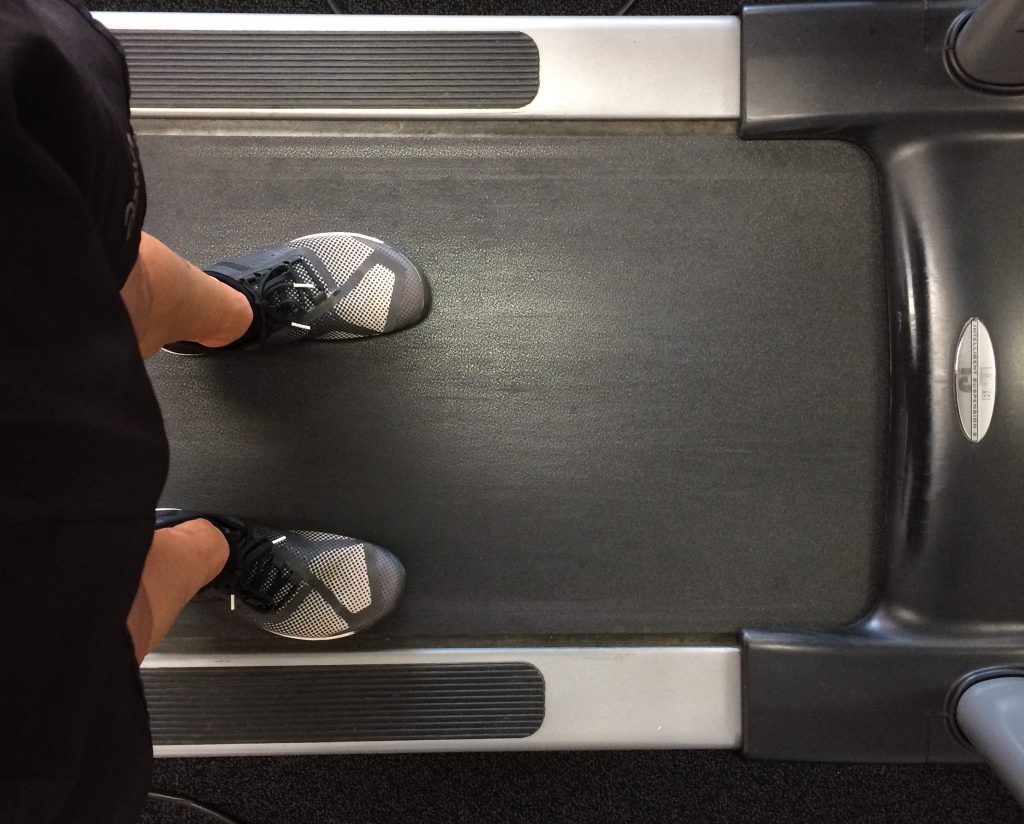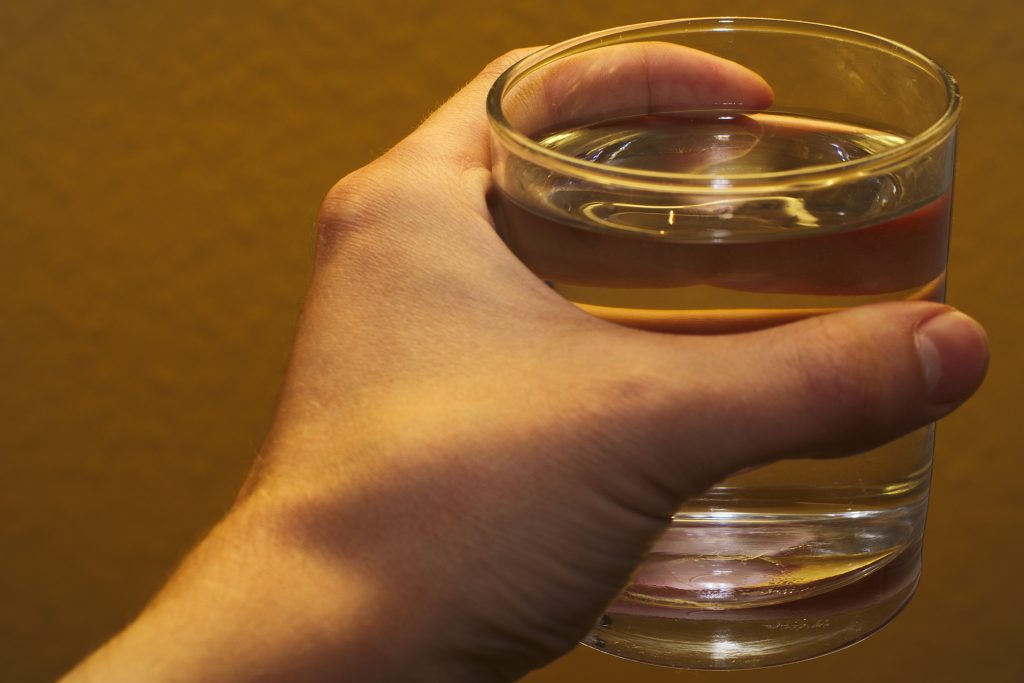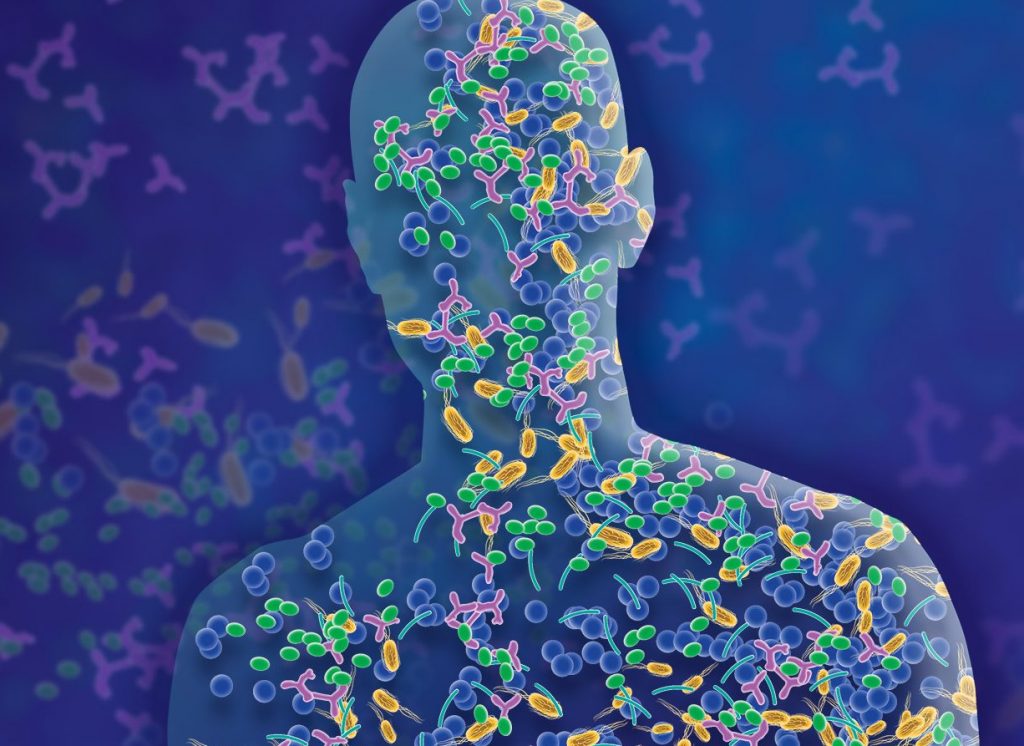
Q: I have a long history of symptoms of dehydration. Is it true that plaque can develop to protect blood vessels that are in need of hydration?
Photo Credit: Michael Haman, via Flickr Creative Commons
A: Yes, this is true. Dehydration can stimulate many issues related to plaque formation and potential heart attacks.
Dehydration is a state where the body is not getting enough water. As a clinician, however, it’s rare for me to see clinical dehydration severe enough to need intravenous fluids without an acute illness such as viral gastroenteritis, difficulty swallowing or heat stroke. What’s more common is people who don’t drink enough water, which is less than 2 glasses a day to none at all on most days.
The more water you drink, the less likely you are to develop heart disease
Is this a bad thing? In a word, yes. There are changes that happen in the body when someone does not drink very much water. Some of these changes are obvious, but others are less so.
When you do not get enough water:
- Your blood gets thicker.
- Your blood also clots more easily. The blood vessel walls secrete a substance called Von Willobrans Factor, which causes more clotting.
- The blood vessels constrict. (The kidneys secrete angiotensin that causes the blood vessels to constrict to maintain blood pressure).
- Blood vessels form plaques more easily.
These are clearly outcomes no one wants.
Does Drinking Water Help?
It appears that it does. A study conducted in Japan in 2005 looked at people who drank two glasses of water per day compared to those who drank five or more glasses. It found a decreased risk of heart disease in the group of people who drank five glasses of water compared to the group who only drank two glasses. This research suggests that the more water participants drank, the less likely they were to develop heart disease. Furthermore, in the Ornish Lifestyle Medicine research, we noticed that participants experienced more angina when they were mildly dehydrated.
So the answer is clear: drink plenty of water. A simple formula is about a quart a day if you are less than 150 pounds, 1.5 quarts if you are 150 to 200 pounds and two quarts if you are more than 200 pounds.
How you remember to drink more water?








